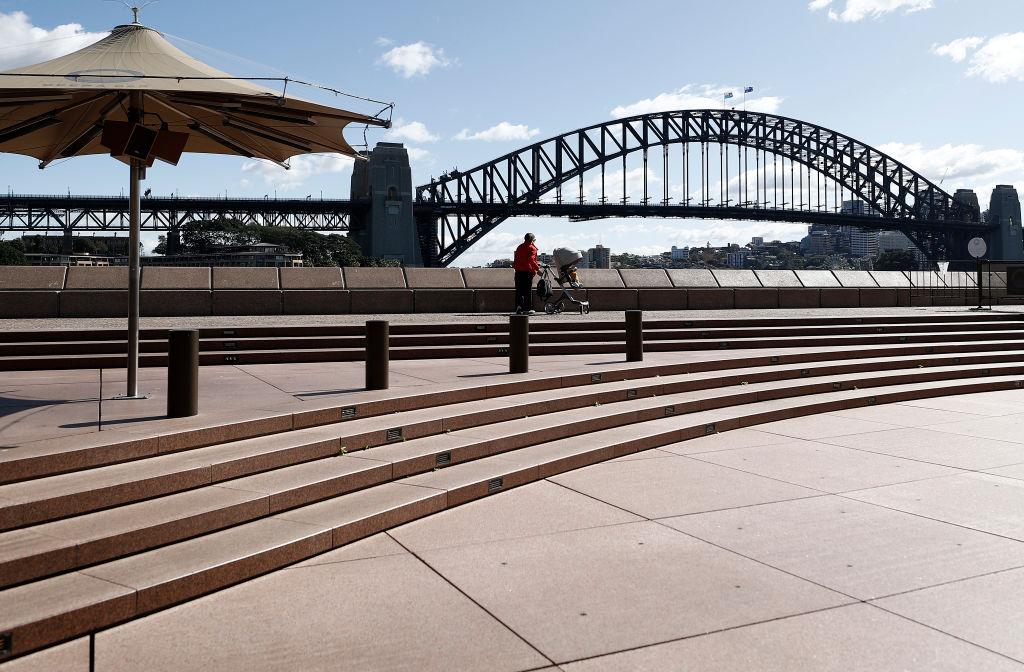The Australian economy contracted by 1.9 percent in the September quarter (Q3), when state lockdowns against the Delta variant of COVID-19 occurred, but it was less than the 2.5 to 3 percent drop that economists were fearing.
The Australian Bureau of Statistics (ABS) revealed in the latest National Accounts that despite the quarterly drop, Australia’s GDP was still up 3.9 percent for the year. The household savings ratio also increased from 11.8 percent to 19.8 percent on the back of substantial government stimulus.





